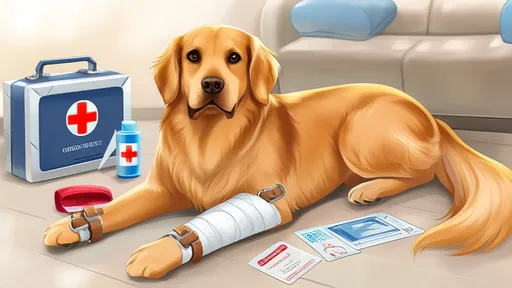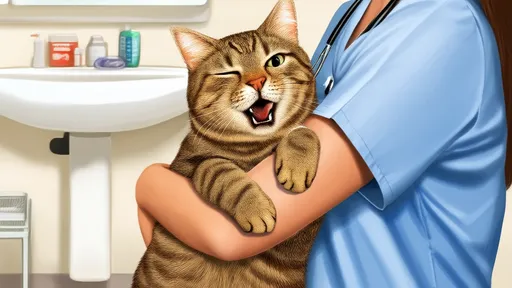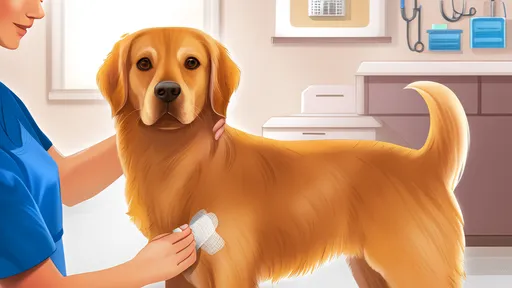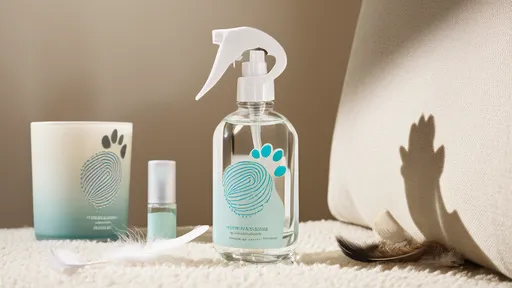Many pet owners view their furry companions as part of the family, and when their pets show signs of discomfort or illness, the instinct to help is immediate. This often leads to a dangerous assumption: that human medications can safely treat animal ailments. The reality, however, is far more complicated. While some human drugs are prescribed by veterinarians in specific doses, many others pose serious risks to pets. Understanding these risks is crucial for responsible pet ownership.
One of the most common misconceptions is that over-the-counter pain relievers like ibuprofen or acetaminophen are safe for pets. These medications, while effective for humans, can cause severe kidney damage, liver failure, and even death in animals. Cats, in particular, lack the enzymes needed to metabolize these drugs, making them especially vulnerable. Even small doses can lead to catastrophic consequences. The belief that "a little won’t hurt" is not only incorrect but potentially deadly.
Another area of concern is the use of human antibiotics for pets. While antibiotics like amoxicillin are sometimes used in veterinary medicine, the dosage and formulation are tailored specifically for animals. Giving a pet human antibiotics without veterinary guidance can result in incorrect dosing, antibiotic resistance, or allergic reactions. What might seem like a quick fix could delay proper treatment and worsen the pet’s condition.
Antihistamines, often used to treat allergies in humans, are another category of medication that pet owners may consider for their animals. While some veterinarians do recommend certain antihistamines for pets, the type and dosage must be carefully determined by a professional. Self-medicating a pet with human antihistamines can lead to adverse effects such as drowsiness, hyperactivity, or even toxicity.
The dangers extend beyond pills and tablets. Topical medications, such as creams or ointments designed for human skin, can also harm pets. Ingredients like zinc oxide, found in many diaper rash creams, are toxic if ingested by animals. Pets often lick treated areas, inadvertently consuming harmful substances. Even seemingly benign products like hydrocortisone cream can cause problems if overused or applied to sensitive areas.
Mental health medications are another gray area. With the rise in prescriptions for anxiety and depression in humans, some pet owners may consider giving their pets these drugs to manage behavioral issues. However, psychiatric medications for humans are not formulated for animal physiology. Incorrect use can lead to severe side effects, including seizures, heart problems, or drastic changes in behavior. Behavioral issues in pets should always be addressed through veterinary or professional training channels.
Emergency situations often exacerbate the temptation to reach for human medications. A pet experiencing pain or distress may prompt a well-meaning owner to administer whatever is on hand. However, this knee-jerk reaction can do more harm than good. Instead, contacting a veterinarian or an emergency pet poison hotline should always be the first step. Time is critical in these scenarios, but acting without professional advice can cost a pet its life.
Prevention is the best approach to avoiding medication-related accidents. Storing human medications securely, out of reach of pets, is essential. Child-proof containers are not always pet-proof, as dogs, in particular, can chew through bottles. Keeping medications in high cabinets or locked drawers can prevent curious pets from accessing them. Additionally, never leave pills unattended on countertops or nightstands, where pets might mistake them for treats.
Education plays a vital role in dispelling myths about human medications and pets. Many owners are unaware of the risks simply because they’ve never been informed. Veterinarians, pet care websites, and animal welfare organizations can provide valuable resources to help owners make safe choices. When in doubt, consulting a professional is always the best course of action.
Ultimately, the bond between pets and their owners is built on love and care. Protecting pets from the dangers of human medications is an extension of that care. While the intention to help is admirable, the methods must be informed and cautious. Relying on veterinary expertise rather than guesswork ensures that pets receive the safe, effective treatment they deserve.

By /Jul 31, 2025

By /Jul 31, 2025

By /Jul 31, 2025

By /Jul 31, 2025

By /Jul 31, 2025

By /Jul 31, 2025

By /Jul 31, 2025

By /Jul 31, 2025

By /Jul 31, 2025

By /Jul 31, 2025

By /Jul 31, 2025

By /Jul 31, 2025

By /Jul 31, 2025

By /Jul 31, 2025

By /Jul 31, 2025

By /Jul 31, 2025

By /Jul 31, 2025

By /Jul 31, 2025

By /Jul 31, 2025

By /Jul 31, 2025